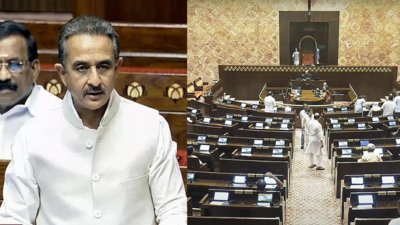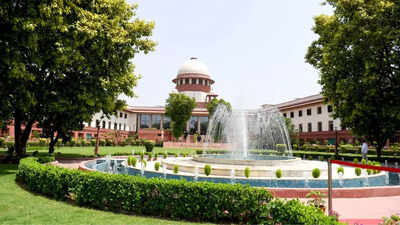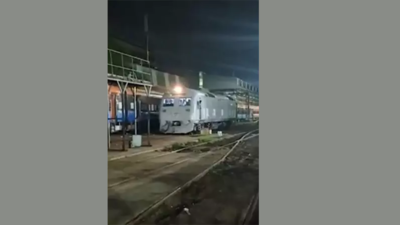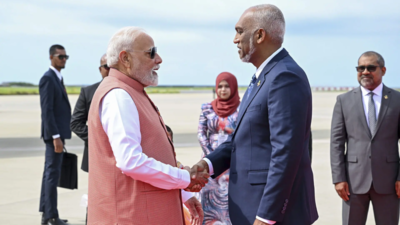Operation Sindoor: Govt says strike was ‘measured, non-escalatory’; ceasefire held after Pakistan reached out | India News

The ministry of external affairs on Thursday informed Parliament that Operation Sindoor was launched in retaliation to “barbaric” assault carried out by “Pakistan-sponsored terrorists,” and with the aim to destroy terrorist infrastructure and eliminate terrorists who were believed to be preparing to infiltrate into India.Ministry of state for external affairs Kirti Vardhan Singh,in a written response to questions asked in Rajya Sabha also said India’s actions were “focussed, measured and non-escalatory”. Samajwadi party MP Ramji Lal Suman, asked the ministry of external affairs whether Operation Sindoor was launched “under international pressure,” and the “factual position” in the same. He also went on to ask about the possible impact on the morale of armed forces in the view of “sudden announcement of ceasefire in Operation Sindoor,” while the Indian military was “achieving significant success”, but suddenly “declaring ceasefire was against their morale and the sentiments of the people of the country”.Union MOS Singh in his response said, Operation Sindoor was launched to a “barbaric cross-border terror attack” by Pakistan-sponsored terrorists. It focussed on dismantling terrorist infrastructure and neutralising terrorists likely to be sent across to India”.He added, although India’s response was “focused, measured, and non-escalatory,”but “Pakistan, however, attempted targeting Indian civilian areas, in addition to some military facilities. “These provocations and escalatory actions by Pakistan were met with a strong and decisive response from the Indian armed forces, inflicting significant damage on the Pakistani military. Subsequently, on 10 May, 2025, the director general of military operations of Pakistan approached his Indian counterpart to request for cessation of firing and military activities, which was agreed to later that day,” the statement read.As part of Operation Sindoor, India destroyed nine terrorist camps located in Pakistan and Pakistan-occupied Kashmir (PoK) through precise pre-dawn strikes on May 7. The operation was launched to avenge the April 22 terror attack in Pahalgam.In response to a question on whether India had attempted to “alienate” Pakistan internationally, the MEA clarified that the selection of chairs and vice-chairs for UN security council bodies is part of its routine annual process. For 2025, Pakistan, along with Russia and France, has been appointed a vice-chair of the UN counter terrorism committee. Singh noted that India had chaired this committee in both 2011-12 and 2022.He stated, “the government of India has been sensitising all concerned interlocutors on the menace of cross-border terrorism emanating from Pakistan. Due to India’s persistent efforts, the global community has a greater understanding of India’s concerns on cross-border terrorism.”These efforts, he added, have led to the listing of several Pakistan-based terrorists under the UNSC 1267 sanctions committee and contributed to Pakistan’s FATF grey listing. The UNSC also “strongly condemned” the Pahalgam terror attack and stressed accountability for its perpetrators.MOS added, several world leaders have backed India’s counter-terrorism efforts post-Pahalgam, with the US recently designating The Resistance Front (TRF), a Lashkar-e-Taiba proxy, as a foreign terrorist organisation.Responding to a separate query about if the government has “formally raised concerns” with the US over ongoing military aid and arms supplies to Pakistan that could be “misused against India”, Singh in a written response said that India had “formally raised concerns” with the US over its military aid to Pakistan and monitors all regional security developments closely. He stated, “India has consistently conveyed its concerns in this regard to the United States, with a view to ensuring that these developments do not compromise India’s security or regional stability.” Reiterating India’s stance, he said Jammu and Kashmir and Ladakh “are, have been, and will always remain an integral and inalienable part of India.”On India-US counter-terrorism cooperation, he added, “counter-terrorism remains a vital pillar of the India-US comprehensive global strategic partnership,” with both countries working closely on designations, legal assistance, and extraditions.





